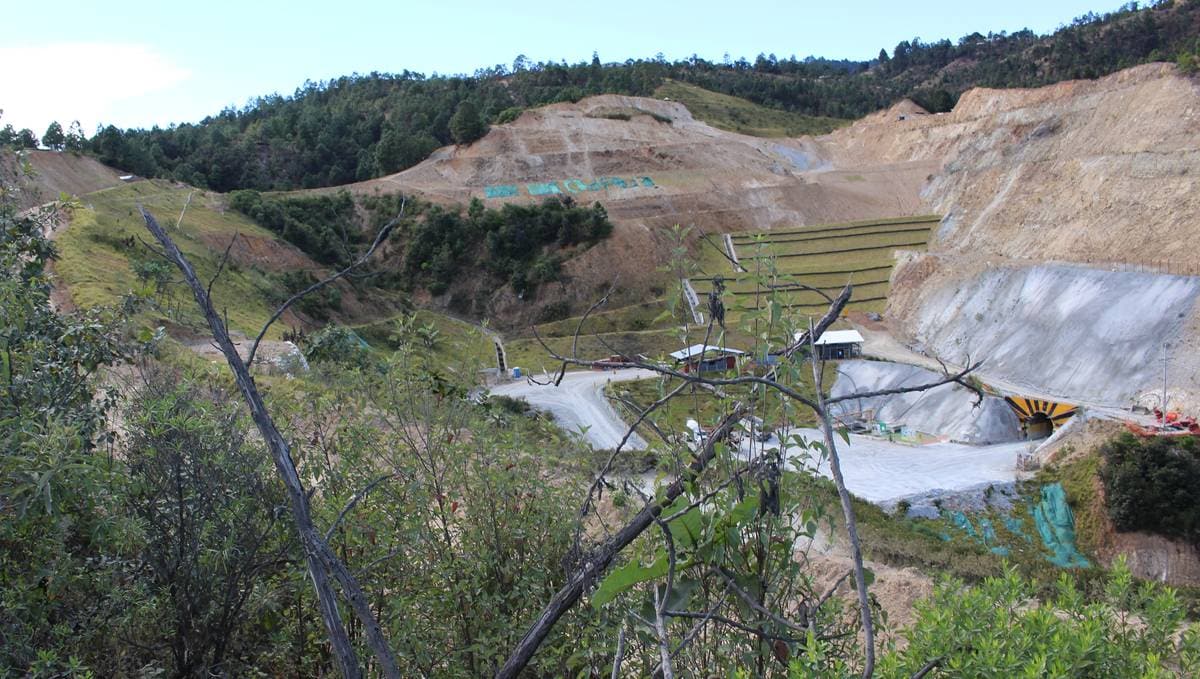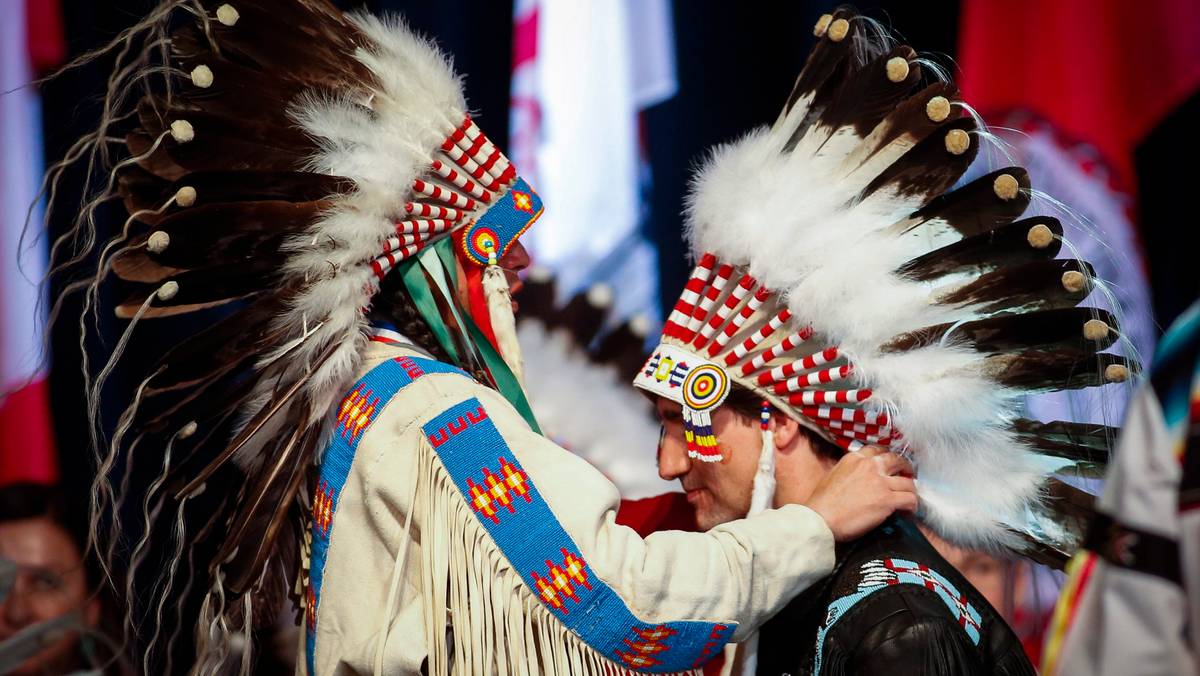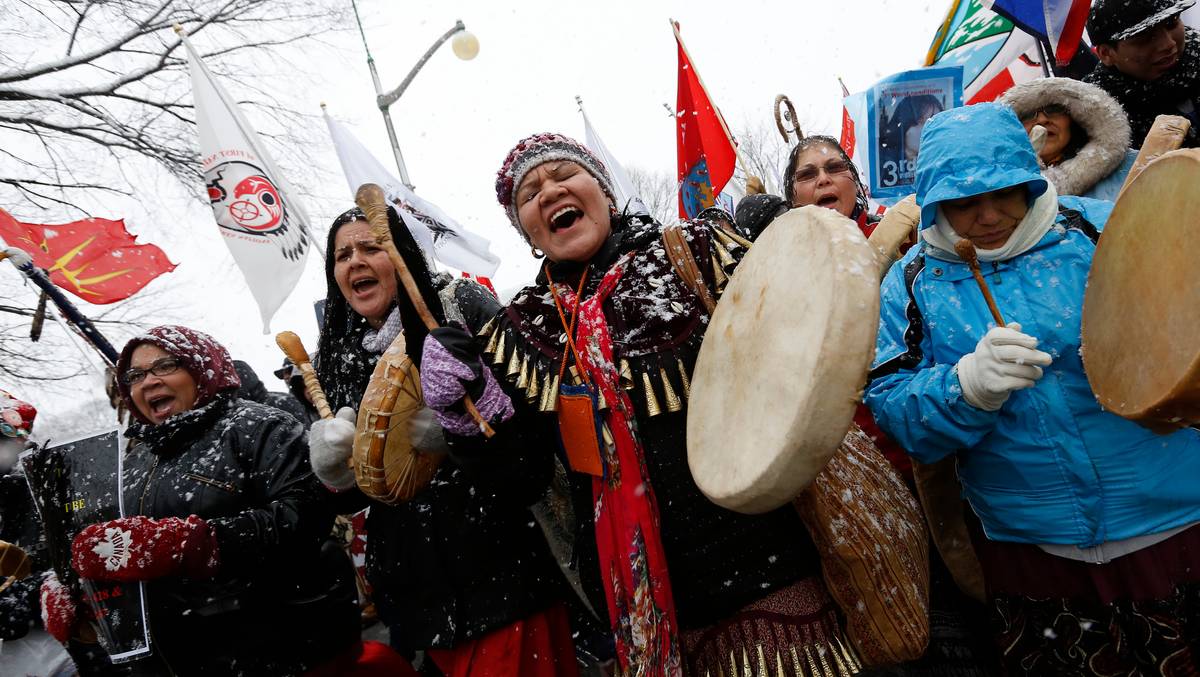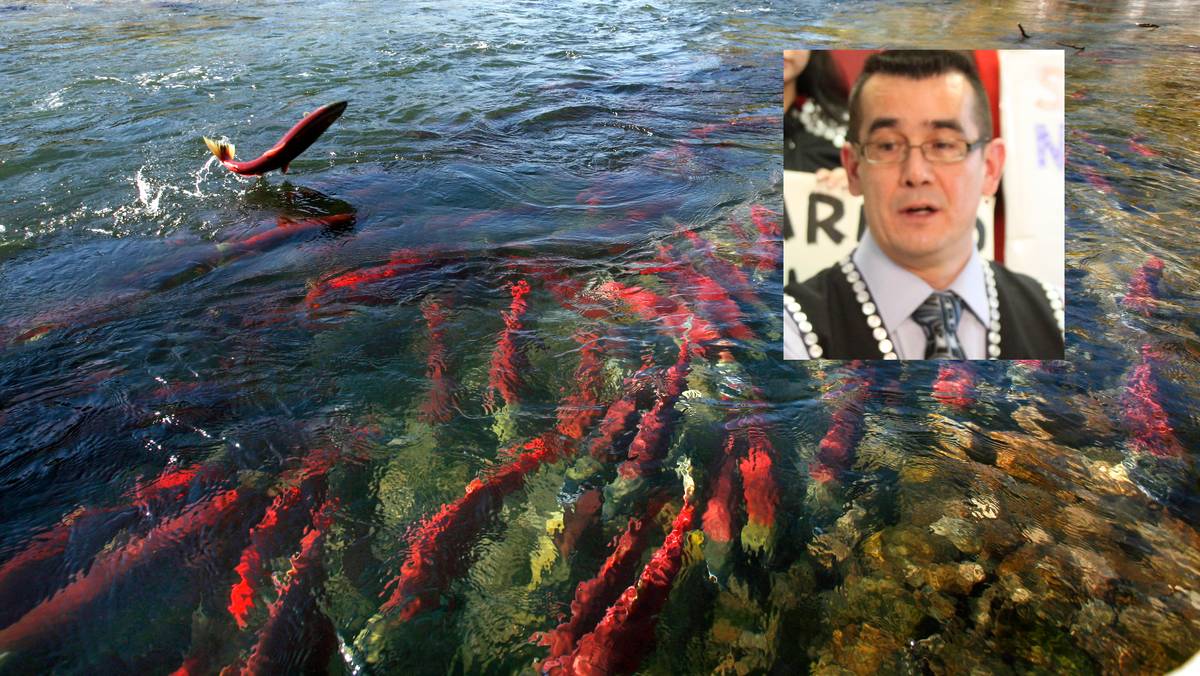- Watch Belgium – Canada on TV 2 Direct and TV 2 Play from. 7:30 p.m.
The fact that the Soviet Union still existed speaks volumes. It’s been a long time since Canada took part in the soccer World Cup.
It was 1986. Diego Maradona, now deceased, was the best footballer in the world. The future national icon, Celine Dion, was still a teenager.
Canada lost all of its matches and finished bottom of the group. And since then, we have not seen them again during a men’s world championship.
– We have come so far from getting there, said Atiba Hutchinson in an interview with FIFA.
I thought it was impossible
The midfielder is 39 years old. He played on the Canadian national team in 19 of them.
Only now will he have the opportunity to play in a world championship.
VETERAN: Atiba Hutchinson, 39, is captain of the Canadian national team. Photo: Moises Castillo/AP Photo
– It means a lot to me, says Hutchinson, who is the only one on the team born in 1986.
In qualifying for the championship, Canada was better than ever. They beat their big brothers USA and Mexico at home and ended up winning it all.
– Since I put on the jersey of the national team for the first time, I dreamed of playing at the World Cup. But I never thought I’d experience it, says Hutchinson.
He’s not the only one to believe it.
– Great development
Because Canada has never been particularly good at soccer. Ice hockey is their thing.
For many years, former Eliteserie profile Olivier Occéan, along with the aforementioned Hutchinson, was part of a national team few cared about.
THIS TIME: Olivier Occéan (in red) in a running duel against Maynor Figueroa of Honduras during one of the Canadian’s 28 international matches. Photo: Chris Young
So what happened?
– Canadian football has grown tremendously over the past ten years. Now that we have players in big clubs in Europe, there is a big difference compared to before, confides Occéan to TV 2.
The former Odd player was born and raised in Quebec, but now lives in Porsgrunn. From there, he closely followed developments in his home country.
– The association has taken matters into its own hands. They have a talent development program in place, and we are seeing the results of that now, he says.
Many footballers
The conditions have always been good. According to sports journalist Joshua Kloke, more kids play soccer than ice hockey in Canada.
– Soccer has always been very popular in Canada. For 20-30 years, it was the most popular children’s sport in the country. I think it’s quite shocking for many foreigners to hear that, Kloke said in an interview with FIFA.
However, although many children play football in the country, ice hockey has garnered the most viewership and the lion’s share of sports media columns.
Football ended in obscurity. The culture of developing talent and turning them into top international players has been absent.
– But when Toronto FC was created in 2007, the whole narrative changed, says Kloke.
Professionalization
Canada suddenly got a professional team in MLS, the American league. In the years that followed, the Vancouver Whitecaps and CF Montreal also made their way into the system.
– These clubs, which are the three largest in Canada, started with their own football academies. They brought in experienced trainers from Europe and put everything in order. Now these guys are out in the world, says Occéan.
HOPE: Alphonso Davies came to Canada as a refugee from Ghana. He is now the best footballer in the country. Photo: DARRYL DYCK
The best example is Alphonso Davies, the national team’s biggest star, who came through the ranks at Vancouver Whitecaps before being sold to Bayern Munich.
– Three years ago, we also had our own professional league in Canada, so everything became more serious, says Occéan.
Picked up the women’s team coach
Today, the national team is reaping the benefits of professionalization.
– The team has grown a lot in recent years, thanks to the investments that have been made. Both by creating a professional league and by creating academies, explains national team manager John Herdman in an interview with FIFA.
The Englishman was brought to Canada to coach the national women’s team, which he led to two bronze medals at the Olympics.
SUCCESS COACH: John Herdman was the manager of Canada’s National Women’s Team from 2011 to 2018. He is now the men’s coach. Photo: RADOVAN STOKLASA
Following this success, in 2018 he was offered the job of manager of the men’s national team.
– Before John took over, the results were mediocre at best. The association wanted to see if he could do the same with the men’s team as he did with the women’s team, Kloke said.
Now Herdman has taken them to the bathroom for the first time in 36 years.
– We had a whole generation of talented players. My job as a coach has been to create a performance culture and structure, which was missing before, Herdman says.
Lots of speed
Success pleases Occéan, who himself has played 28 games with a maple leaf on his chest.
– Interest in soccer in Canada is growing, especially after we qualified for the World Cup. But the interest is not at the level of hockey, specifies Occéan.
PROUD: This group has increased interest in football in Canada with their strong performances. Photo: JOE KLAMAR
– What can we expect from Canada at the World Cup?
– It’s a technical team with a lot of speed, especially on the edges. Moreover, they have plenty of experience in midfield and threatening forwards. They are a wild card in the World Cup, explains the former striker.
The most experienced player, Atiba Hutchinson, is not only there to participate.
– I think we can progress from the group. We have a lot of talent in the team, said Hutchinson, who is the oldest player in the championship.
Canada is in Group F, where it faces Belgium, Croatia and Morocco.

“Explorer. Food advocate. Analyst. Freelance bacon practitioner. Future teen idol. Proud pop culture expert.”











